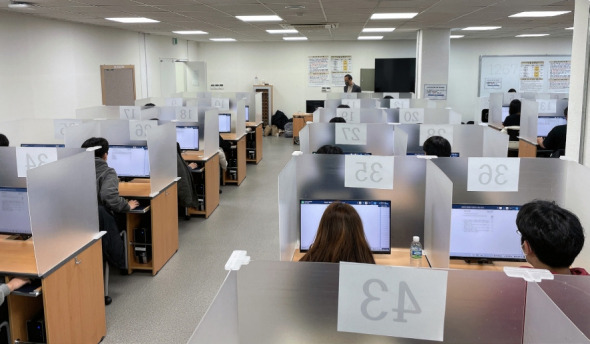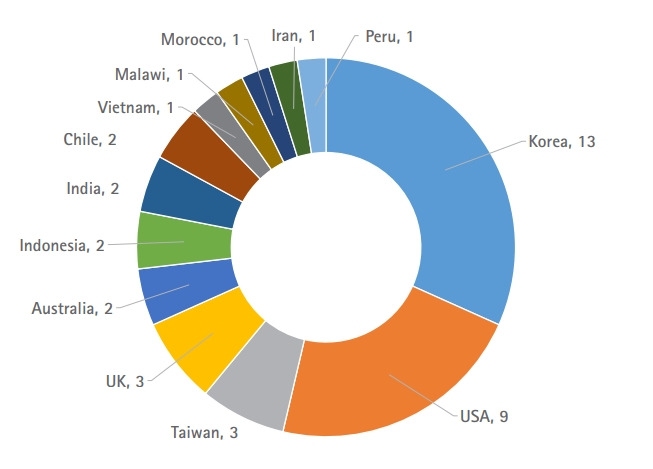2019冠状病毒病大流行第三年的问题,包括基于计算机的测试、研究设计、ChatGPT、期刊指标和对审稿人的感谢
IF 3.7
Q1 EDUCATION, SCIENTIFIC DISCIPLINES
Journal of Educational Evaluation for Health Professions
Pub Date : 2023-01-01
Epub Date: 2023-01-31
DOI:10.3352/jeehp.2023.20.5
引用次数: 0
摘要
本文章由计算机程序翻译,如有差异,请以英文原文为准。


Issues in the 3rd year of the COVID-19 pandemic, including computer-based testing, study design, ChatGPT, journal metrics, and appreciation to reviewers
求助全文
通过发布文献求助,成功后即可免费获取论文全文。
去求助
来源期刊

Journal of Educational Evaluation for Health Professions
EDUCATION, SCIENTIFIC DISCIPLINES-
CiteScore
9.60
自引率
9.10%
发文量
32
审稿时长
5 weeks
期刊介绍:
Journal of Educational Evaluation for Health Professions aims to provide readers the state-of-the art practical information on the educational evaluation for health professions so that to increase the quality of undergraduate, graduate, and continuing education. It is specialized in educational evaluation including adoption of measurement theory to medical health education, promotion of high stakes examination such as national licensing examinations, improvement of nationwide or international programs of education, computer-based testing, computerized adaptive testing, and medical health regulatory bodies. Its field comprises a variety of professions that address public medical health as following but not limited to: Care workers Dental hygienists Dental technicians Dentists Dietitians Emergency medical technicians Health educators Medical record technicians Medical technologists Midwives Nurses Nursing aides Occupational therapists Opticians Oriental medical doctors Oriental medicine dispensers Oriental pharmacists Pharmacists Physical therapists Physicians Prosthetists and Orthotists Radiological technologists Rehabilitation counselor Sanitary technicians Speech-language therapists.
 求助内容:
求助内容: 应助结果提醒方式:
应助结果提醒方式:


